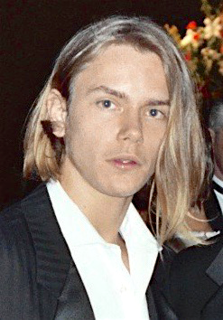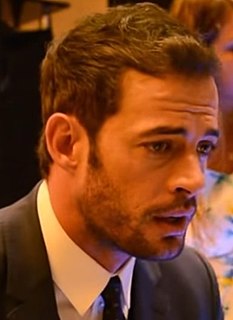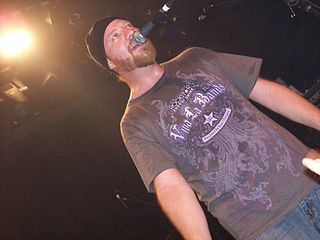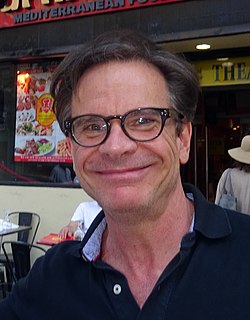A Quote by Frankie Boyle
I guess we were kinda poor when we were kids, but we didn't know it. That's because my dad always refused to let us look at the family's financial records.
Related Quotes
I was the fifth child in a family of six, five boys and one girl. Bless that poor girl. We were very poor; it was the 30s. We survived off of the food and the little work that my father could get working on the roads or whatever the WPA provided. We were always in line to get food. The survival of our family really depended on the survival of the other black families in that community. We had that village aspect about us, that African sense about us. We always shared what we had with each other. We were able to make it because there was really a total family, a village.
My siblings and I were raised like tenants, to be honest. There was a total absence of intimacy in my family, though there was still a great deal of camaraderie among the kids. Things were set up almost like a business, and it had to be managed that way because we were really poor, and there were a lot of mouths to feed.
We were on Island Records for five or six years and we kinda just got tired of them always wanting to use our connections, all the time. It's like, they didn't really do much for us, I mean, they would give us money here and there and you know, do stuff like that but, I mean, overall, they didn't push us.
My parents were working class folks. My dad was a bartender for most of his life, my mom was a maid and a cashier and a stock clerk at WalMart. We were not people of financial means in terms of significant financial means. I always told them, 'I didn't always have what I wanted. I always had what I needed.' My parents always provided that.
Our dad hugged us and kissed us so much that some friends and relatives complained that he was going to turn us into sissies or homosexuals. But my dad didn't care. Let them raise their kids in a reserved and reticent way. He grew up in Israel, and his boys were going to be hugged and kissed by their father and know they were loved.
I've always thought that "punk" wasn't really a genre. My band started in Olympia where K Records was and K Records put out music that didn't sound super loud and aggressive. And yet they were punk because they were creating culture in their own community instead of taking their cue from MTV about what was real music and what was cool. It wasn't about a certain fashion. It was about your ideology, it was about creating a community and doing it on your own and not having to rely on, kinda, "The Man" to brand you and say that you were okay.
We grew up as this family of deniers. And people who knew us for years were stunned when "The Great Santini" came out because we had this appearance of being this happy, large, smiling family. We were taught to smile, put the best face forward. And so when the book ended up - Dad swatting us around the room, no one believed me.
My dad and mom were more like World War II-era parents, even though it was the 1960s, because they were both born in the '40s. They were young adults before the '60s even happened, and married, and already having kids. But by the time we were adolescents in the '70s, the whole culture was screaming at parents, "You're a good parent if you're open with your kids about sex." They attempted to be open with us about sex, and it made them want to die, and consequently, it made us want to die.


































